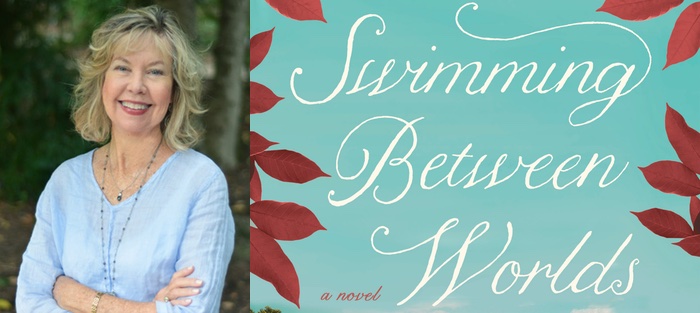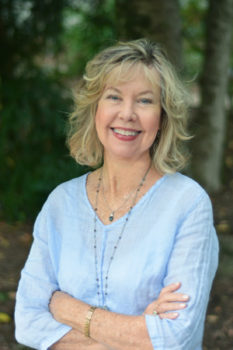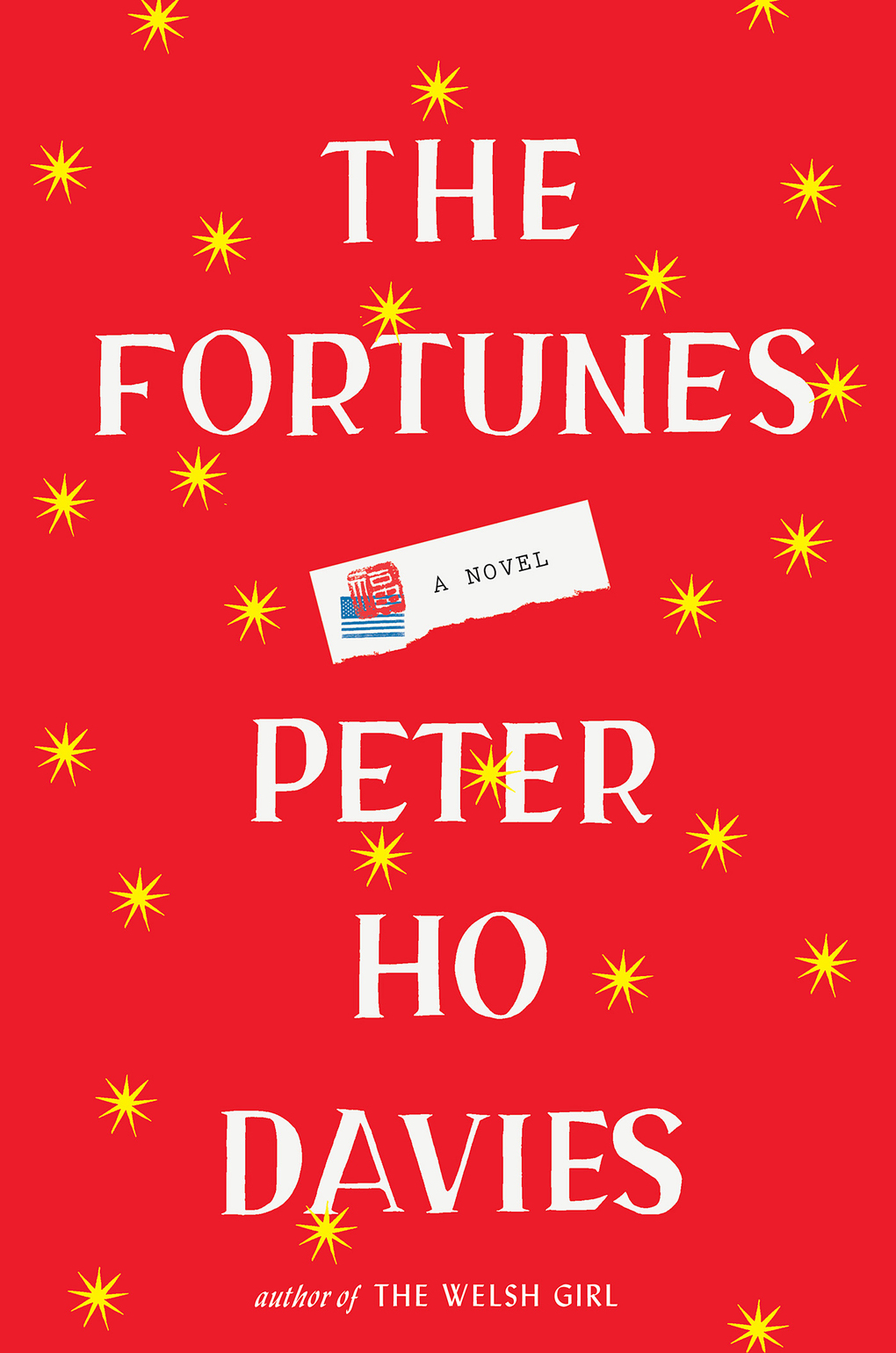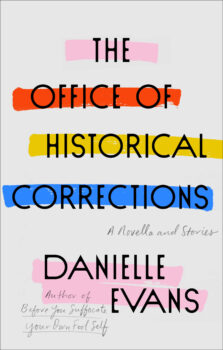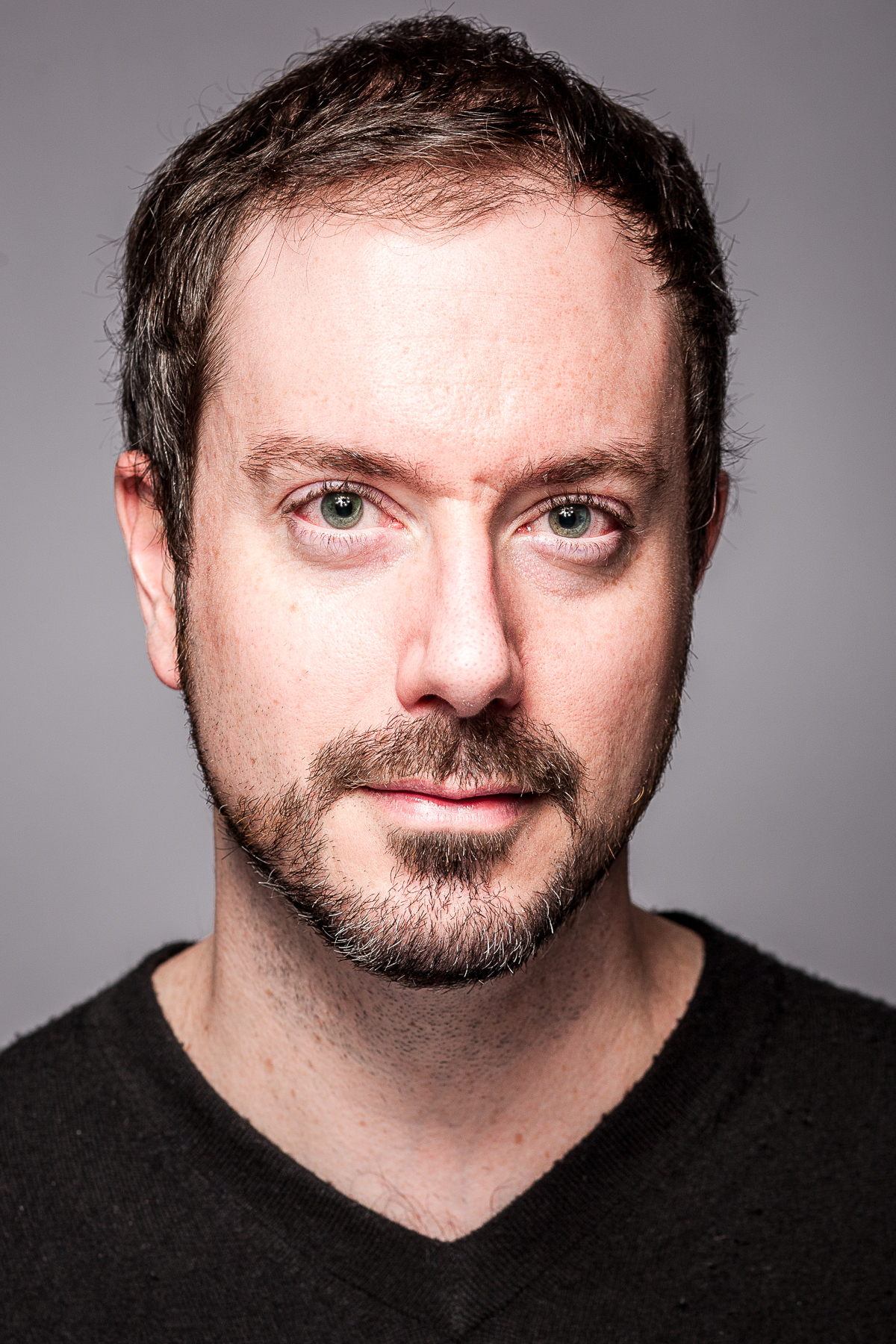I got to know Elaine Neil Orr’s searching writer’s voice when we became teaching colleagues in 2003 at Spalding University’s Low Residency MFA in Writing Program in Louisville, Kentucky. Among the high points of the ten-day residency are the faculty readings, and when I heard Elaine read an excerpt from her then-new memoir, The Gods of Noonday: A White Girl’s African Life, I was captivated.
Hers was a worldview—borne out through her arresting first novel, A Different Sun: A Novel of Africa, and her stunning new one, Swimming Between Worlds (Berkley)—that was rooted in our mutual upbringings in the American South yet reached far across the ocean. Sena Jeter Naslund, the long-time director of our Spalding MFA program, spoke of the emerging “global novel” of our era, and in Elaine’s literary endeavors I sensed that’s what I was witnessing, along with great character development and storytelling.
When I read Swimming Between Worlds, I felt transported both to North Carolina and Nigeria, and to a protagonist who holds both cultures in his heart. The novel, for me, also framed the early civil rights movement in a way that was unique, and, as with all Elaine’s writing, both eloquent and deeply compelling.
Interview:
Roy Hoffman: The American South—especially North Carolina—and Nigeria, are far apart geographically and culturally. Yet these two places have been overlaid on each other, coupled, even fused, in your writings through three books now. To provide a context for your sweeping and timely new novel, tell me, Elaine, how these places, in your mind—and aesthetic—have become the way to frame varying experiences? How has moving between two worlds, for you, provided a context for Swimming Between Worlds?
Elaine Neil Orr: As you know, Roy, I was born and spent most of my growing up years in southwestern Nigeria as a daughter of missionaries, so for me the Nigerian South and the American South are the two grounds of my being. Nigeria is primary because I was born there and am stamped with its images. We traveled two weeks by boat going back and forth from one country to the other. But the truth is that culturally there are profound links between Nigeria and the U.S. Thirty percent of enslaved Africans slaves were transported by boat from present day Nigeria. Many were Yoruba people from the region of Nigeria where I grew up. In my memoir, Gods of Noonday, I consider the possibility that the women who worked for my great grandmother in South Carolina might have had Yoruba ancestors.
I seek to shed light on this grim reality in my first novel, A Different Sun. The protagonist, Emma Bowman, a native of Greensboro, Georgia, is profoundly shaped by an “old African” who is owned by her father. When she “feels the call” to go to West Africa as the wife of a missionary, I have her carry a gift prepared by the old man, Uncle Eli. The novel reveals the spiritual power of this old man, who may be directing Emma’s steps more than her religion is.
In my current novel, Swimming Between Worlds, I begin with a young man from North Carolina who attended North Carolina State University (then State College) in the fifties. (I’m a professor of English at NCSU.) Most of the novel is set in Winston-Salem. But the novel’s backstory reveals that Tacker Hart has had his own sojourn in Nigeria, on a prestigious assignment with an architectural team at the emerging nation’s first university. This is during the Cold War when the U.S. was vying with Russia for African loyalties. While in Nigeria, Tacker learns about the Black nationalism that was born following World War II. Tacker first reads the American poet Langston Hughes in Nigeria—there, not in his own country. And he falls in love with the place. Accused of “going native,” he’s summarily “sacked” and sent home where he no longer fits. He’s not the same white boy who left. Rather, he “swims between worlds.”
I’m always interested in showing the links between these two geographies, not merely because they are connected in my life but because they are linked historically and culturally. The Black church in the South was bears traces of West Africa sensibilities. Southern cooking has West African origins. American music (the blues and rock and roll) owe their birth on American soil to West Africa. This isn’t my story. It’s a story of the American South.
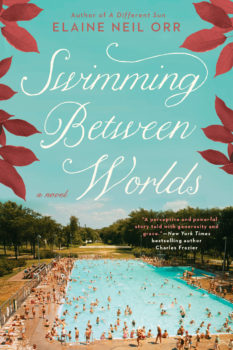 Stories of the civil rights movement from literature to film, this half-century after the epic events of the struggle, often take place in my home state, Alabama, in my neighboring Mississippi, or other Deep South locales. You’ve chosen to make your focus North Carolina. Why? And what do we learn—and are galvanized by—as readers, as a result?
Stories of the civil rights movement from literature to film, this half-century after the epic events of the struggle, often take place in my home state, Alabama, in my neighboring Mississippi, or other Deep South locales. You’ve chosen to make your focus North Carolina. Why? And what do we learn—and are galvanized by—as readers, as a result?
I didn’t set out to write a civil-rights-movement novel. I set out to write a North Carolina novel. It seemed time to claim this territory in a way I hadn’t before. The first thing I had to decide was where to plant my feet. That’s always a question for me because of my dual heritage. Though it also seems a very Southern thing: making place paramount. I landed on Winston-Salem because it’s a city I’ve loved since first grade when my family spent a furlough there. The year was 1960–61; Kennedy and Nixon were running for president. I learned to read and saw snow for the first time and switched from guavas to apples.
So I settled my male protagonist in the house we lived in. But I didn’t (consciously) have a story. An initial Google-search turned up the lunch counter sit-ins at Woolworths. I’d gone on a little treasure hunt to see what had been happening in this town while I lived there so innocently with my family and discovered an enormous underground struggle that was about to burst through the terra firma of the U.S.
Scratching the surface of history can yield the mother lode. It’s as if our past is always just there, crouching like an animal, reminding us in Faulkner’s words that “the past is never dead. It’s not even past.” While West African culture was abundantly present in my childhood, African-American history was absent in my U.S. upbringing. My parents had to have known about the sit-ins. They happened within walking distance of the beautiful old house we rented. But I never heard a word.
I also didn’t hear about “race” until I was in the ninth grade in Atlanta. Nigerians never talk about race. There is no race in Nigeria. There are ethnicities and nationalities. Everyone is black (but never called black) so there’s no need to comment. Swimming Between Worlds is an attempt at self-education among other things. I was able to skirt the civil rights movement because I was white, or because I was in Nigeria. Writing for me is about taking responsibility for the past (that isn’t even past) while shining some light on our mutual humanity. Someone is paying the cost for our history. What am I doing?
While Swimming Between Worlds is firmly grounded in history, it is neither a book of history nor sociology but a passionate story about ordinary people caught up in an extraordinary time. At the heart of this story is Tacker Hart, the white native son of Winston-Salem, just returned from working on an architectural project in Nigeria. His journey is one, above all, of conscience.
Could you reflect, Elaine, on your creation of Tacker, and why you chose to plumb the depths of a young man in the process of making up his mind on issues from love to social justice?
Along with the house in the West End neighborhood of Winston-Salem, I early on decided I wanted an architect who could be sent on an international assignment, and in 1957 that person would almost certainly be a man. As I made my first scribblings in the Swimming Between Worlds, I was also reading this marvelous book, Atticus, by Ron Hansen, about a father and his son who goes missing in Mexico, and that spurred me in the direction of Tacker as a young American who fully enters another country and spiritually leaves his own. (The young man in Atticus also had a motorcycle!) Some writers caution against falling in love with characters. I don’t know why we write them if we aren’t going to fall in love. Certainly I fell in love with Tacker and his hay-colored hair. It was kind of sexy writing a tall, blond, American football player. But only because he was going to change. He was going to become a better person even if not a more successful one.
I had taken the risk in A Different Sun of writing from a Yoruba man’s point of view in 1854, and I was happy to take on the challenge of centering my novel in an American man’s point of view a century later. I also had a trace of a story about a young single American missionary architect who came to Nigeria in the late 50s and was considered dangerous because of his liberal ideas; like Tacker, he was sacked.
Tacker Hart has everything to lose and nothing to gain when he gets involved with the civil rights movement. Or that’s how a purely self-interested young white middle class man might frame things in 1960. But Tacker steps out of his comfort zone. He has to because he’s seen something too important to ignore, and that’s racially motivated violence on his doorstep. He’s also seen something to beautiful to resist, and that is a Black culture that invited him in when he was the stranger.
Swimming Between Worlds is also about ways of seeing. When Kate Monroe, the white native daughter of Winston-Salem, looks through her camera lens, she begins to focus on the world in a way that is both exhilarating and revelatory. I don’t know if there’s a genre called “great photography novels,” but if so, your novel has earned a place on that bookshelf, too. Why did you decide to make Kate a fledgling—and ever more accomplished—photographer? How does her focus, in this way, help drive the narrative?
My natural gift as a writer may be my capacity for detail and for the image, perhaps because early on I knew I was going to lose everything my eyes loved to feast upon. I knew I had to have something for Kate to put her hands on and it couldn’t be a Samsonite make-up case. She had to be both clinging to her known world and at the same time yearning to move. A camera seemed a likely device to get her out of her house as I recalled Eudora Welty and her photography as well as Jackie Kennedy and of course Margaret Bourke-White. Women were becoming serious about taking pictures once cameras became portable.
I’m not sure that photographs capture a moment in time. What they do, I think is evoke a story, but only part of it. The viewer is left to finish to add and subtract. And when the viewer is the photographer who develops the film, she is likely to conjure a great deal about what the picture tells and what it withholds. In one of the scenes I most enjoyed writing, Kate goes downtown to shoot pictures so she can sell something to the town newspaper. Unintentionally, she finds her viewfinder has settled on an African-American woman across the street who appears to be staring at her. Kate is pierced to the core because she is seen. And not for being pretty or classy or smart, but for being ignorant of the other woman’s world.
Remember how in King Lear both Lear and Gloucester “see” only when blinded. In my novel, Kate sees when she is seen: by the African-American woman, by Tacker, by Gaines, the African-American man who plays such a significant role in the novel. Gaines sees her as his equal, not his superior. That’s pretty eye-opening for a young well-to-do white woman in 1960 in Winston-Salem, North Carolina
It seems to me that, in terms of your novel’s reach, you are making a statement about how an author, of whatever background, can choose to engage the larger world. This is a novel not only of people’s innermost lives, but also of community. What are you telling us, as a creative writer, about the subject matter we can venture to choose, despite our personal limitations of experience?
Virginia Woolf said, “Literature is no one’s private ground, literature is common ground; let us trespass freely and fearlessly and find our own way for ourselves.” While I know there is another view, that some people’s stories have been colonized by others or misshapen or ill-used, I believe that literature can be a fierce and imaginative way to break down boundaries and gain new perspectives. I didn’t consciously set out to include all of the varieties of human experience you point to. I suppose it comes naturally for me to do so. I’m sixty-three. I’ve known many periods of life, including my parents’ aging. I have never changed genders but I do know what it means to belong to two countries and then in another way to belong to none. I’ve been familiar with various ethnicities within one country and different classes of people within another. Missionaries are actually a genteel working class. I always felt on the outside of things when I came to the U.S. on furloughs.
Perhaps I’m gathering together my tribe, all of the sorts and varieties of people I’ve known and lived among and loved. But in addition, I’m pushing myself into places I haven’t actually been. I missed most of the civil rights movement and most of the sixties in the U.S. I have no idea where I was when John Kennedy was or Robert Kennedy or Martin Luther King was killed. I know where I was when the Nigerian Civil War was declared.
One thing I am doing in this novel is claiming this country and making it my literary homeland too. It’s disingenuous to pretend I’m not a white middle-class American with all the privilege and power that implies.
But I don’t have to write only about white middle class Americans. I couldn’t. We don’t seem to me complete as a people. And we aren’t. People of color built the South. One of the most significant epiphanies Tacker Hart experiences comes when he attends the funeral of Frances, his family’s maid, and realizes he never really knew her. And yet he was entangled with her Africanness all of his life. Who’s to say she wasn’t part of the reason he found himself in Nigeria.
How do you feel—and hope—Swimming Between Worlds—can be relevant to our present cultural and political situation today?
We’re experiencing a recurrence of racial fracturing in this country. I don’t think the majority of Americans desire it, but a minority seems intent on it. The loudest among these can be countered by reasonable people. What is more difficult is that most white Americans, and I include myself, don’t take a hard enough look at how we remain privileged through status-quo practices and realities, such as inheritance of wealth, even if it’s just a family home or $20,000 from a relative or a guaranteed college education. These may seem like small things. But most African-Americans still don’t have them. If this novel can lead to more genuine self-reflection and some conversation about how we give back to those who have been outside the economic line of inheritance, I would be thrilled. I’m thinking of small gestures that could change lives. Such as you or I could pay for a person of color to take a weekend workshop. Or a group of people could create a writing space in a city that provides computers and space for young writers of every background to come in and write their stories. If we could get everyone writing poems, we’d have a lot less time and interest in standing our ground.
How has the experience of writing this novel touched you personally, even changed you?
I became an American from an American town. I stopped pretending that this isn’t my country. It is. And I tremble to say so.

